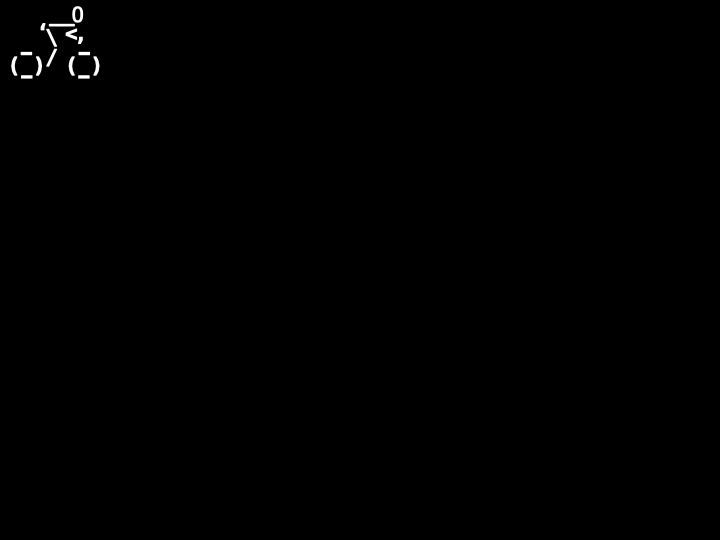Domestic Loop Series
Equipment: junk bike, basket, white chalk
Midday. You wheel the junk bike into the driveway.
Begin →Setup. You breathe, steady. Before the ride, where do you place the chalk?
In the basket → In your pocket → On the ground →Pockets snap sticks and tangle the gesture. Keep hands free.
Try again ↺Ground is clutter and risk. The basket is part of the score.
Try again ↺First mark. You lean back and press chalk to the rear tire. It leaves only a thin line. What do you do?
Redraw the line by hand → Re-chalk the tire → Clean the tire with water →Changing materials changes the act. Chalk, press, roll.
Try again ↺The loop is made by motion, not sketching. Let the wheel carry it.
Try again ↺Motion. The tire takes the mark. You begin to circle. What pace do you choose?
Stop-start bursts → Slow, even circles → Fast, tight laps →Speed tears the line. Patience draws it.
Try again ↺Jitters break the trace. Keep it continuous.
Try again ↺Care. After several laps, the chalk grows faint. How do you respond?
Accept the fading and continue → Paint the lines to preserve them → Scrub them out quickly →Paint traps the loop. This practice is temporary by design.
Try again ↺No need to erase what will vanish. Ride and let time work.
Try again ↺Closure. The circle is drawn but never fixed. How do you finish?
Kick dust to hide them → Let the marks fade naturally → Seal the lines with clear coat →Sealing ends the story. The loop lives in its disappearance.
Try again ↺Obscuring isn’t the gesture. Allow the weather to edit.
Try again ↺End of the loop
The chalk dulls, the trace dissolves. Still, the loop remembers you.
Restart ⟲